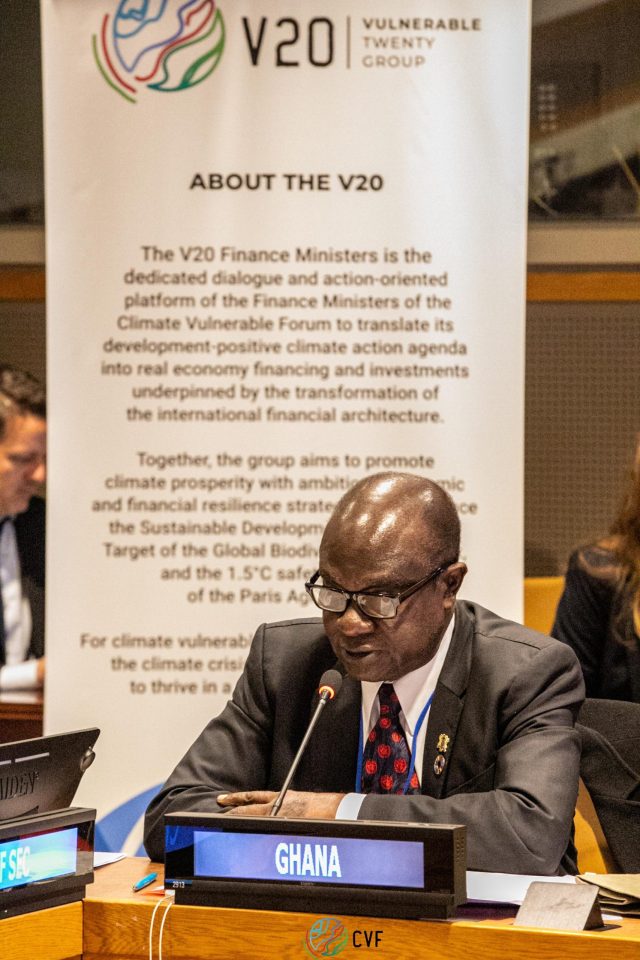As the Climate Vulnerable Forum prepares to transition its leadership from Ghana to Barbados, reflections on the accomplishments and future aspirations highlight the ongoing commitment to advocating for vulnerable nations in the face of climate change.
Ghana’s President, Nana Addo Dankwa Akufo-Addo, noted the significant strides made during the country’s tenure, including the establishment of an independent secretariat and an expanded membership base.
Under his leadership, the CVF has focused on reforming the international financial architecture to better serve the needs of vulnerable nations.
The advocacy for immediate reforms is evident in the dialogues surrounding the CPPs, which aim to create sustainable growth opportunities through green investments.
The new headquarters in Accra symbolizes Ghana’s dedication to climate action and serves as a pivotal hub for facilitating discussions on climate finance.
The transition to Barbados, led by Prime Minister Mia Mottley, brings renewed energy and focus to the CVF’s goals.
Both Gyan-Baffour and President Akufo-Addo expressed confidence in the continued momentum of the CVF under the new leadership.
At the 79th United Nations General Assembly, Professor George Gyan-Baffour, representing Ghana’s Finance Minister Dr. Mohammed Amin Adam, emphasized the CPPs’ role in mobilizing resources for climate resilience.
He emphasized the importance of CPPs as a crucial framework for mobilizing resources to combat climate change.
Professor George Gyan-Baffour highlighted the significant financial barriers faced by vulnerable nations, including high debt levels and the cost of capital, which impede their ability to invest in climate resilience.
“V20 countries face a staggering total external public and publicly guaranteed debt of about US$946.7 billion,” he stated, underscoring the urgent need for financial reform to make debt more manageable for vulnerable countries.
The CVF/V20 continues to advocate for international financial reforms aimed at redirecting global financial resources toward green and resilient investments.
He pointed to the Accra to Marrakech agenda, guided by four core principles, as a roadmap for creating a sustainable global economy while addressing climate challenges.
The forum’s emphasis on collaboration and collective action is set to shape the discourse on sustainable development and climate resilience, ensuring that vulnerable nations have a robust voice in global financial systems.
Together, they aim to forge a more just, resilient, and prosperous future for all nations impacted by climate vulnerability.


















